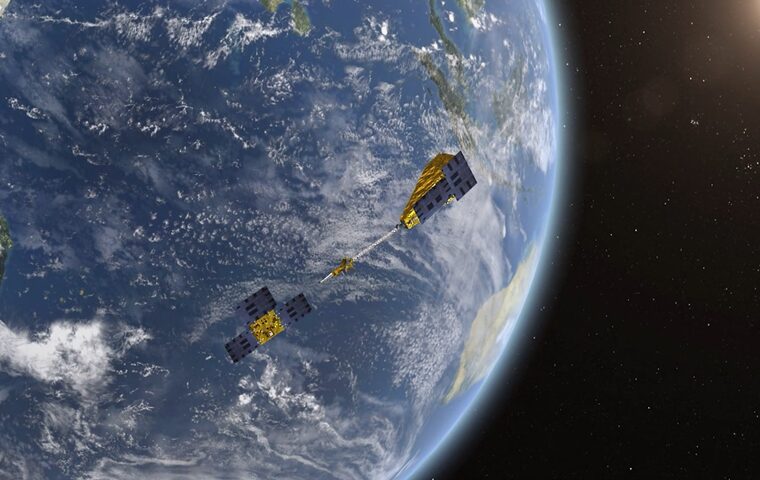Are we sure it is worth leaving space activities in the hands of a few unstable billionaires? From Musk to Branson, private capital is taking the most important portion of the future market, the one that looks to Space.
Cosmological research, astronomy, and space science have made giant strides and continue to do so. Many of the mysteries of the past have been solved, and just as many, if not more, have come to the attention of the scientific and humanities community. For Space is not just a subject for scientists and engineers. Without philosophy, one does not go far. Today, Space is more; it has become a primary component of geopolitical, geoeconomics, security and defence strategies.
Private struggle
If public funding has enabled the study of and access to Space through the six major Space agencies-namely CNSA, China’s National Space Agency; ESA, European Space Agency; ISRO, Indian Space Research Organization; JAXA, Japan’s space agency; NASA, U.S. agency; and Roscosmos, Russia’s space agency-private capital is becoming increasingly important, if not dominant. There are another 50 or so entities and companies involved in “extra-atmospheric projects.” We no longer stay glued to the small screen, with our hearts in our throats, to follow man’s first step on the moon. Upcoming lunar missions don’t even make the news anymore; see Artemis. We consider it normal to see, in detail, the unbelievable galaxies being born and dying billions of light-years away from us. Black holes are no longer black either since we have been able to reconstruct their image.
Certain that it is worth the risk of leaving these activities in the hands of a few hyper-billionaires, of not always certain mental balance? Existing international agreements are no longer sufficient to guarantee the use of Space. Five international treaties define space jurisprudence.
Five key treaties
The first is the Treaty on Principles Governing the Activities of States in the Exploration and Use of Outer Space, Including the Moon and Other Celestial Bodies. The treaty forms the foundation of international space law for signatory nations (108 in 2019) and presents space exploration and operation principles. Then there is the agreement on the rescue of astronauts, the return of astronauts and the return of objects launched into Space.” The signatories agree to take all possible actions to help or rescue astronauts in need and, if applicable, return them to the nation they departed. In addition, the signatories agree to help return all objects that land on Earth outside the country from which they were launched to the sponsoring nation.

The third is the agreement governing the activities of states on the Moon and other celestial bodies.” The agreement states that celestial bodies can only be used for peaceful purposes, that they should not be contaminated, that the United Nations should always be informed of any station on a non-Earth body, and that if the extraction of resources on the Moon becomes feasible, an international regime must be established to regulate how those resources are obtained and used. The United States is not a signatory to the Moon Agreement.
Then, there is the “Convention on International Liability for Damage Caused by Space Objects.” Signatories assume full responsibility for any damage caused by their space objects and agree to standard procedures for adjudicating damage claims. Finally, the “Convention on the Registration of Objects Launched into Space.” By expanding a registry of space objects, the Convention authorizes the Secretary-General of the United Nations to maintain a registry of all objects.
Act before it’s too late
All five are under the supervision of Uncopuos, United Nations Committee on the Peaceful Uses of Outer Space. They are not enough and need to be updated. Absent from the treaties, the legal, ethical, and moral issues of exploration and use must be considered central, addressed, and resolved. Just as we discuss possible climate change remedies and actions, we need to define a way, on an international scale, to address the issue. Again, this needs to be done before it is too late.



